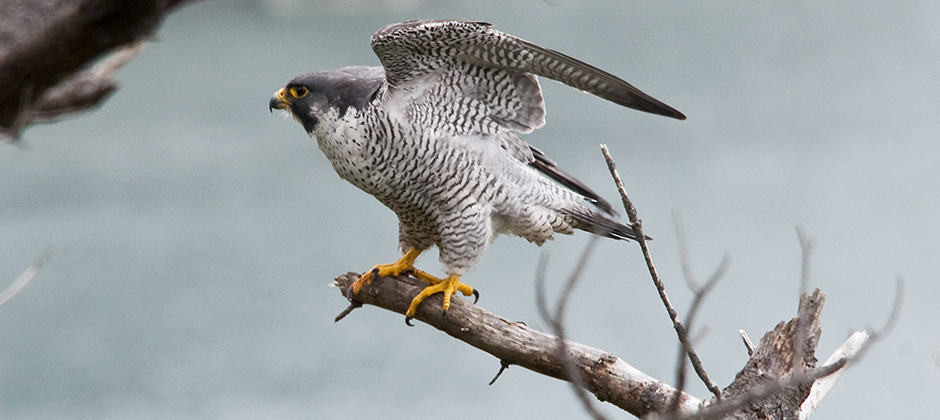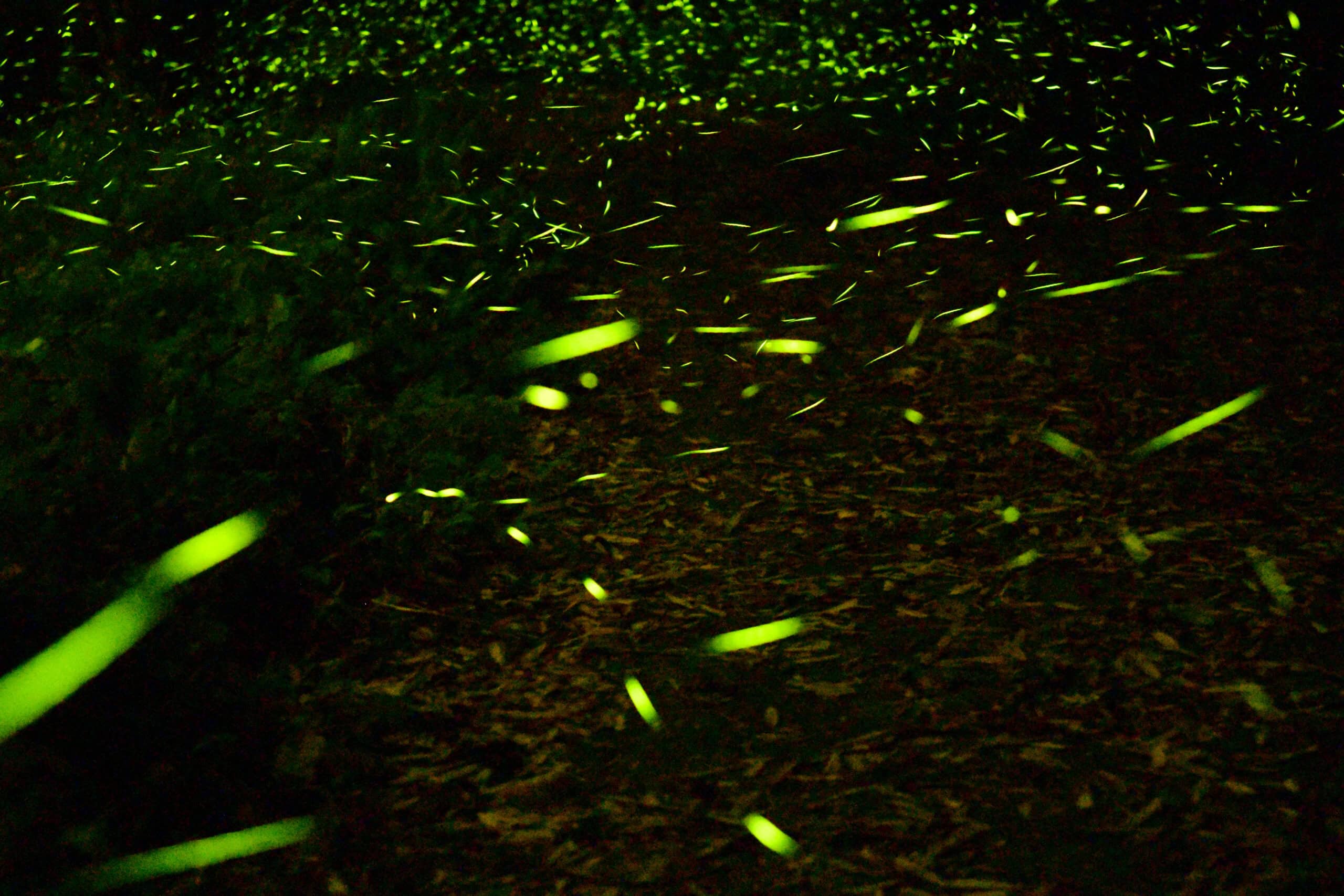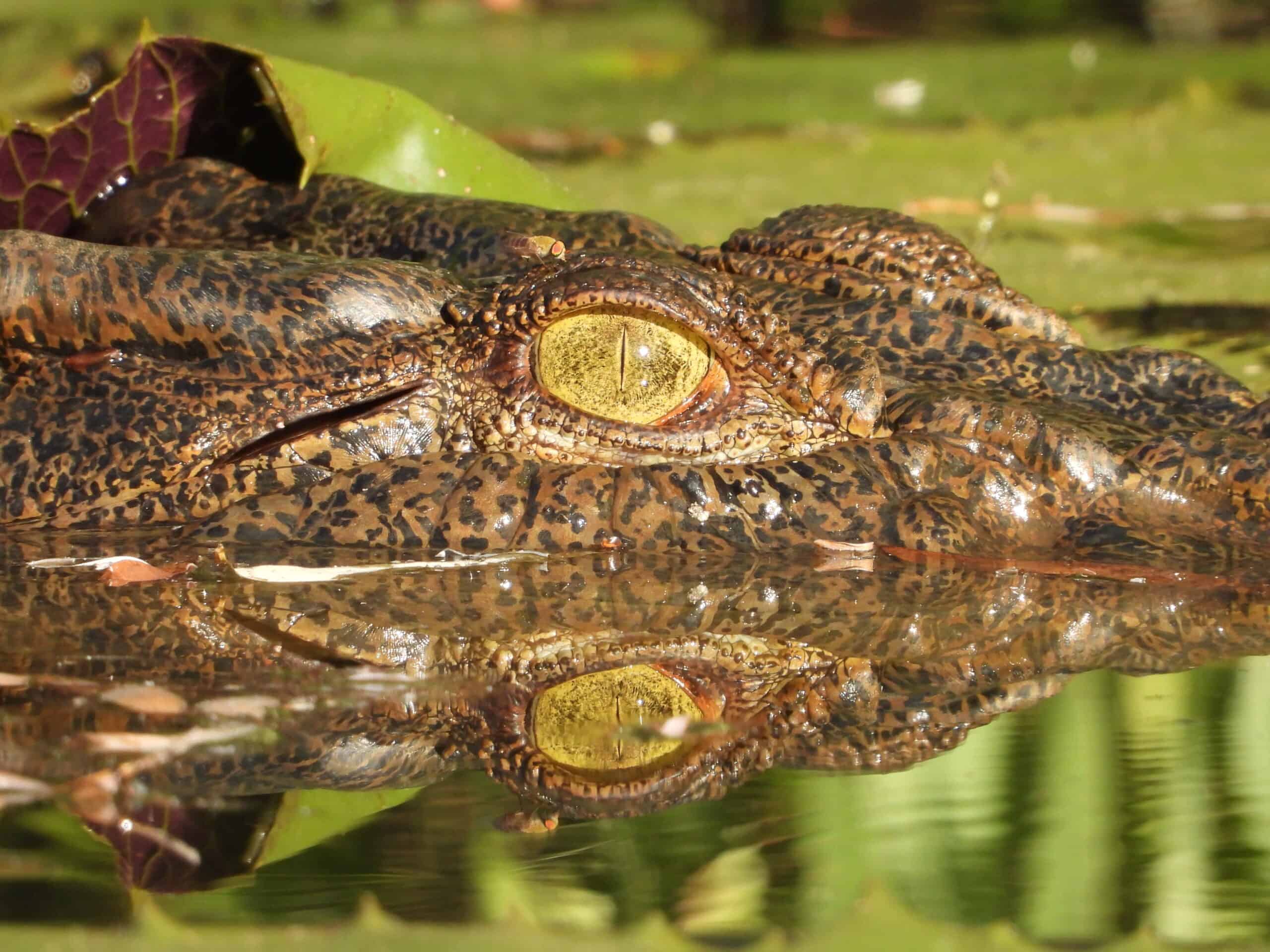Share this article
Survey finds strong support for RAWA
A strong majority of Americans from across the political spectrum support the Recovering America’s Wildlife Act, according to a recent survey.
The survey found 70% of respondents back the proposed legislation, which would allocate an additional $1.4 billion in annual funding to state agencies and tribal land managers to conserve at-risk species. Of those respondents, 42% indicated strong support. Only 5% of respondents opposed the act.
The survey comes as the Senate prepares to take up the measure. RAWA passed the House in June. The Senate is expected to vote on it this month.
TWS government relations manager Caroline Murphy said the survey shows the public understands the need for funding to ward off population declines of imperiled species.
“The American public has shown support for wildlifers working on the front lines of conservation,” she said. “Now is the time for Congress to listen to their constituents and get the Recovering America’s Wildlife Act across the finish line.”
If the measure passes both houses, RAWA would provide the most significant funding for wildlife conservation since the Pittman-Robertson Act of 1937, which funds state wildlife efforts through an excise tax on the purchase of firearms and ammunition. Because of the contributions of sportsmen and women to the fund, those funds are typically used to manage hunted species, like deer and wild turkeys.
RAWA would provide funding for state wildlife action plans, which are designed to benefit species of greatest conservation need—over 12,000 of them, including threatened and endangered species. Often these are less charismatic species—wildlife like snakes, bats and woodrats—that face severe threats but receive little attention.
The legislation has been supported by a coalition of conservationists, state and tribal wildlife agencies, outdoor industry representatives and others, including The Wildlife Society, the American Fisheries Society and the National Wildlife Federation.
“Something we understand well as wildlife managers and representatives of state agencies is that wildlife conservation transcends party politics, and this polling demonstrates that,” said TWS member Ron Regan, executive director of the Association of Fish & Wildlife Agencies, in a press release. “The Recovering America’s Wildlife Act is the single most impactful wildlife conservation bill in a generation.”
One of the first gauges of public opinion on the legislation, the survey found widespread support for RAWA across demographic groups, including males and females; younger, middle-aged, and older residents; people of higher and lower education levels; and those in urban, suburban, and rural areas. Eighty-two percent of Democrats, 64% of Republicans and 64% of independents supported the legislation.
Among outdoor recreationists, 80% of wildlife viewers, 78% of anglers, 77% of birdwatchers and 70% of hunters backed the bill.
“This is something that Americans as a whole support,” said TWS member Mark Damian Duda, executive director of Responsive Management, the Harrisonburg, Virginia-based research firm that conducted the survey. “The data shows that elected officials examining attitudes toward this act can be assured that there are really no negatives and a whole lot of positives when it comes to public attitudes toward the Recovering America’s Wildlife Act.”
Duda was initially surprised by how strong the support was, but he said the American public has historically backed conservation measures.
“There’s so much political division in this day and age, but wildlife conservation transcends that,” he said. “American’s support wildlife conservation and care deeply about wildlife.”
Header Image: Peregrine falcons are considered a species of greatest conservation need in most states. Credit: Roy Lowe/U.S. Fish and Wildlife Service








